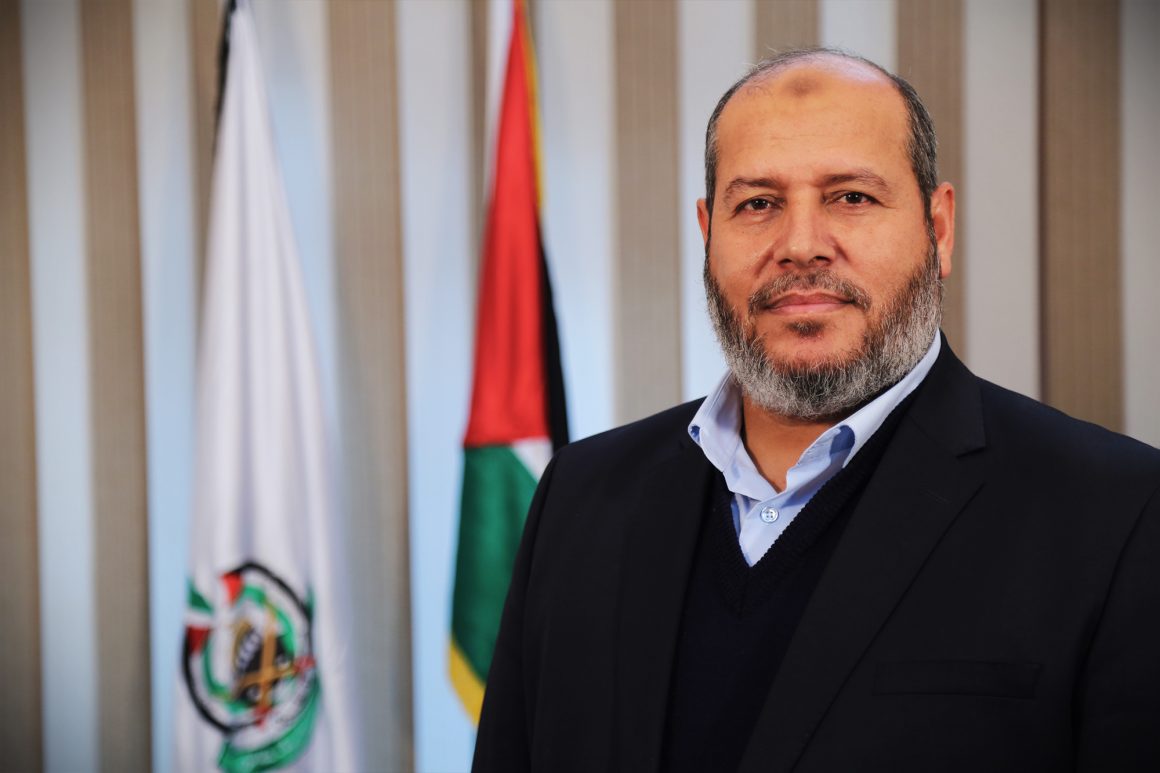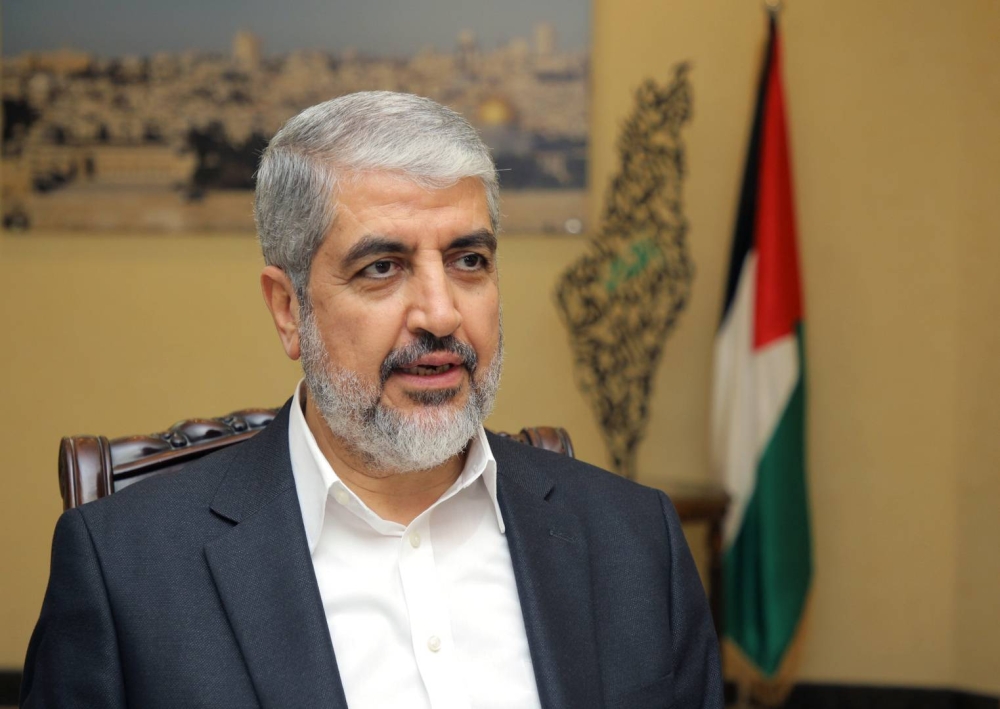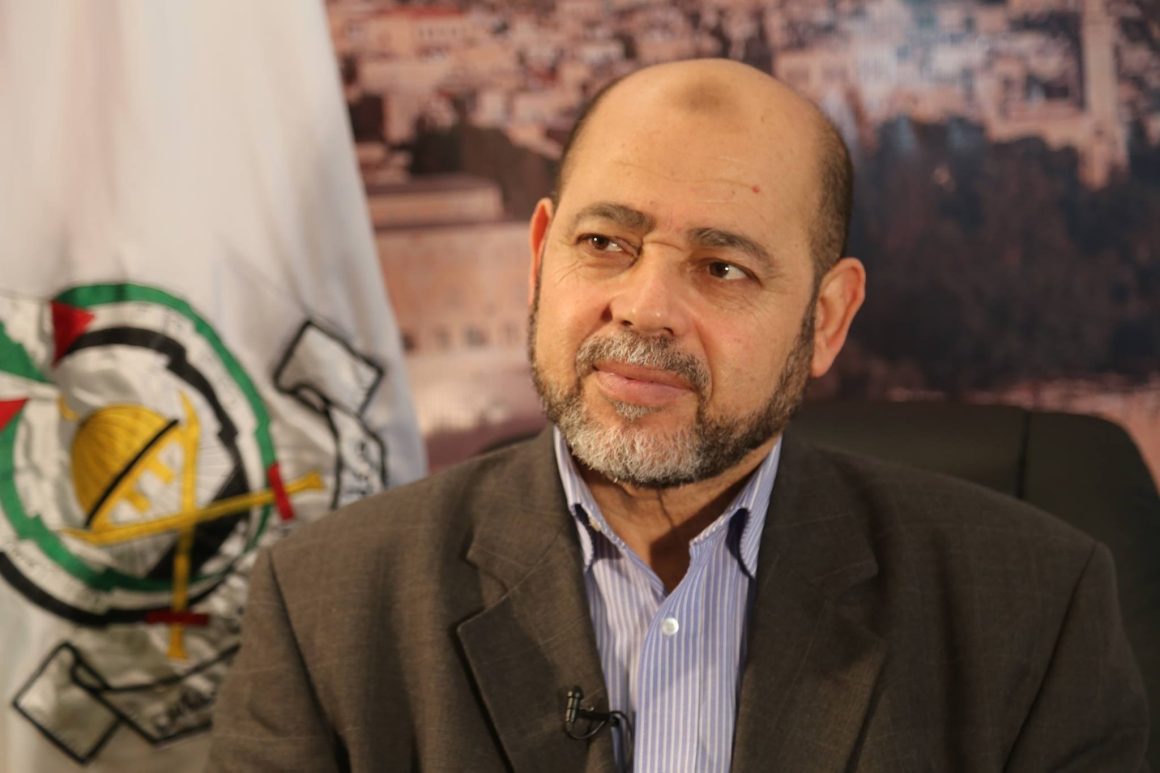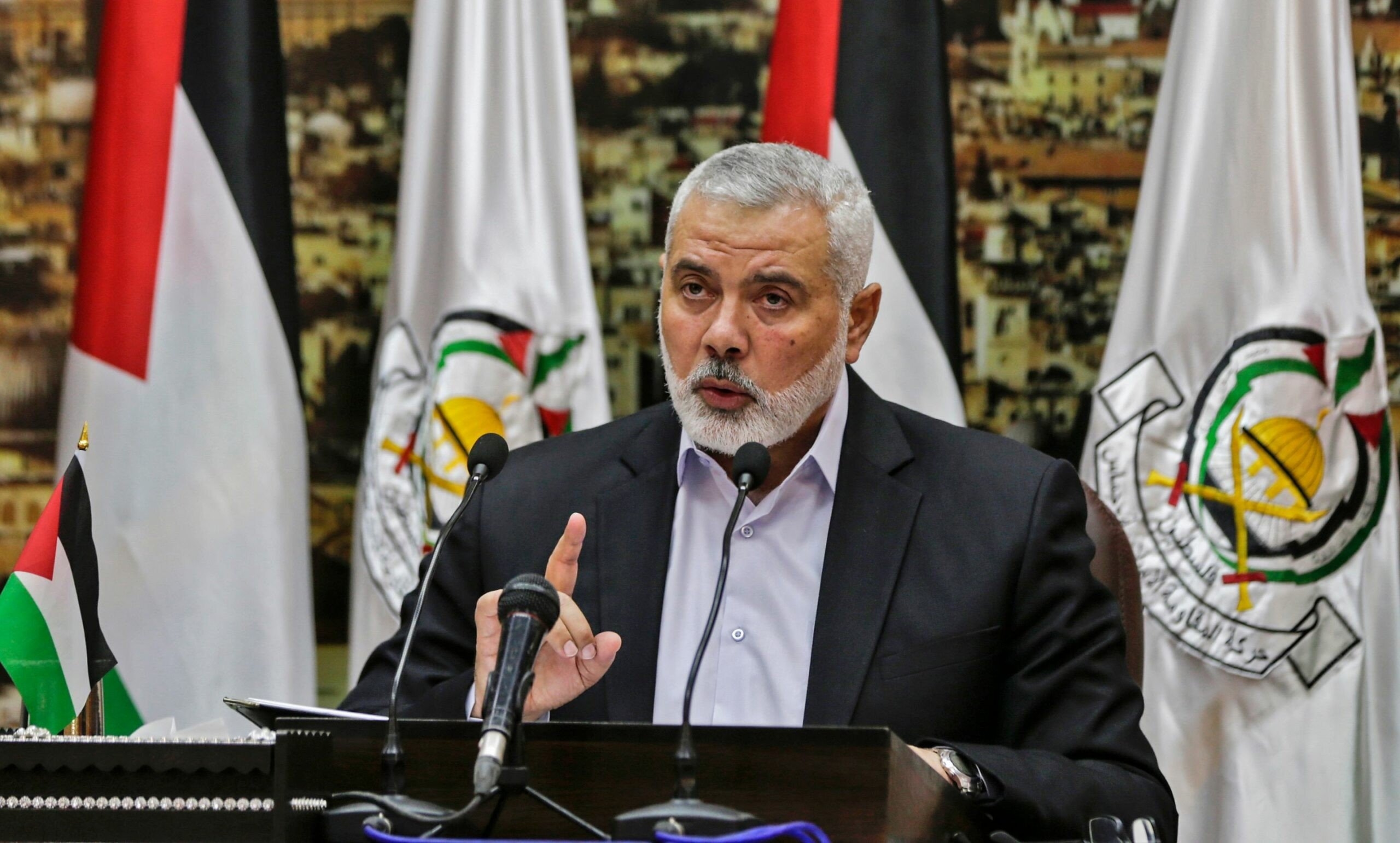Haniyeh was elected as Hamas’s political chief in 2017 and lived in Doha since 2019, where he was laid to rest on Friday following a funeral attended by thousands of mourners.
Hamas has begun a consultation process to elect slain political chief Ismail Haniyeh’s successor following his assassination by Israel in Tehran on July 31.
In a statement on Saturday, the group said it will announce the results of its consultations once they are completed while denying “baseless” media reports over having preferred candidates.
However, many analysts and Palestinians are speculating that several figures would likely be among the candidates.
The names include Deputy Head of Hamas’s Political Bureau in the Gaza Strip, Khalil Al-Hayya, as well as Haniyeh’s predecessor, Khaled Mashal, and senior Hamas official Mousa Abu Marzook.
“According to the rules, Haniyeh had three deputies. One of them would step to fill the void. Yet, among the three, only Mashal is in a position to do so. The other two are [Yahya] Sinwar, who is in Gaza and for that reason cannot assume the position, because he needs to be out,” Dr. Azzam Tamimi, Palestinian author, told Doha News on Sunday.
“The other is [Saleh] Arouri, who was assassinated in January,” he added, referring to the top Hamas official who was killed by Israel in Beirut.
Haniyeh was elected as Hamas’s political chief in 2017 and lived in Doha since 2019, where he was laid to rest on Friday following a funeral attended by thousands of mourners.
Khalil Al-Hayya

Al-Hayya is the Deputy Head of Hamas’s Political Bureau in the Gaza Strip.
Born in Gaza City on November 5, 1960, Al-Hayya became involved in politics in his early life after witnessing Israel occupy his homeland. Al-Hayya was seven years old when he witnessed the 1967 Naksa, or setback.
Known as the Six-Day War, it erupted between Israel on one side and Egypt, Jordan and Syria on the other, resulting in the former’s occupation of the West Bank, Gaza, and East Jerusalem within six days.
At the time, Al-Hayya witnessed Israeli occupation forces raid his home and detain his family members.
In 1983, Al-Hayya obtained a bachelor’s degree from the Faculty of Fundamentals of Religion at the Islamic University of Gaza, which Israel destroyed during the genocidal war in the Strip.
He then obtained a master’s degree in Sunnah and Hadith Sciences in 1986 after receiving a scholarship at the University of Jordan. More than a decade later, he received a doctorate in the same field from the University of the Holy Quran and Islamic Sciences in Sudan in 1997.
By 1984, Al-Hayya became a lecturer at the Islamic University of Gaza’s Faculty of Fundamentals of Religion and was later appointed as the Assistant Dean of Student Affairs, before eventually becoming the Dean of Student Affairs at the same institution in 2001.
In 2006, Al-Hayya became a member of the Association of Palestinian Scholars and was elected as a member of the Palestinian Legislative Council.
He then assumed several roles within Hamas, including being a member of its political bureau, deputy head of the movement in Gaza, and head of its office for Arab and Islamic relations.
In Gaza, Al-Hayya was a preacher in mosques and contributed to the security organisation of the Strip to protect it from Israeli infiltrations between 1984 and 1986.
He was among Palestinians who founded Hamas in 1987, aimed at liberating Palestine.
Like many other Hamas members, Al-Hayya was targeted by Israel throughout his political life.
Israeli occupation forces detained him three times, the first in 1980 for a month-and-a-half then in 1982 for a week, where he was subjected to torture. He was then detained during the first Palestinian intifada, or uprising, in 1991 for three years.
He survived an assassination attempt in 2007 after an Israeli occupation air raid targeted his family’s residence. At the time, Israel killed two of his brothers, four of his nephews, and one of his cousins.
Israel killed his son, Hamza, who was a member of the Al-Qassam Brigades, in an Israeli drone strike in 2008.
Al-Hayya survived another assassination attempt on July 20, 2014, when Israel targeted the residence of his oldest son Osama in the Shujaiya neighbourhood. Israel had killed Osama, his wife and three of his children during the attack.
The Hamas official is a prominent negotiator in the group, especially throughout past aggressions in the Gaza Strip including 2012 and 2014 while playing a key role in current negotiations.
Khaled Mashal

Mashal is Haniyeh’s predecessor and has lived in exile since 1967 in Jordan, Qatar, Syria and other countries.
Mashal was born on May 28, 1956, in Silwad, the West Bank, where he lived for 11 years. His father fought alongside Sheikh Izz Al-Din Al-Qassam and participated in the resistance to the British mandate and in the 1936 revolution.
His family was then forcibly displaced to Jordan in 1967 during the Naksa before moving to Kuwait two months later. Mashal lived in Kuwait until 1991 then returned to Jordan following the Iraqi invasion.
Mashal graduated from the Kuwait University in 1979 where he obtained a bachelor’s degree in physics.
He became a teacher in Kuwait upon graduating, which he quitted in 1984 to devote his time to political work, though he was only 15 when he became more further involved in politics and joined the Muslim Brotherhood.
Mashal helped establish Hamas in 1987 and has since become its political member.
He assumed the presidency of the movement’s political bureau in 1996 and was appointed as its leader after Israel assassinated its spiritual leader and founder Sheikh Ahmed Yassin in Gaza in 2004.
In 1997, he survived an assassination attempt in Jordan by agents of the Israeli intelligence service, Mossad, who tried poisoning him following orders by Israeli Prime Minister Benjamin Netanyahu.
Jordan had arrested the Mossad agents and they were only released after King Hussein bin Talal of Jordan demanded that Israel bring the poison’s treatment.
Mashal led the Hamas political office between 1996 and 2017, when Haniyeh was elected as his successor.
Mousa Abu Marzook

Abu Marzook is among the most prominent figures in Hamas and led the group’s first political office.
He was born on February 9, 1951, in Rafah, south of the Gaza Strip, where he went to primary school and highschool. He then graduated in 1975 from the Faculty of Mechanical Engineering, Production Engineering Department at the Helwan University in Egypt.
He completed his higher education in the United States, where he obtained a master’s degree in construction management in 1984, followed by a doctorate in industrial engineering in 1992.
Abu Marzook had worked as a director of an aluminum factory between 1976-1981 in the United Arab Emirates and worked as an engineer at the Abu Dhabi National Oil Company.
He contributed to the establishment of the first Islamic centre in the city of Fort Collins in Colorado in addition to a number of institutions, bodies and schools that teach about Islam and the Palestinian cause across the U.S.
Abu Marzook gradually became involved in politics and eventually helped establish Hamas in 1987, where he restructured it after Israeli occupation forces arrested its leaders and most of its members in 1989.
He became the first head of Hamas’s political office in 1992.
American authorities then arrested him in 1995 on charges of transferring money and issuing orders to Hamas activists.
He was imprisoned for nearly two years before he was handed over to Jordan in 1997.
Abu Marzook was deported again from Jordan in 1999 when it closed Hamas’s political bureau, prompting him to move to Syria where he assumed the position of the deputy head of the movement’s political bureau.
In 2001, the U.S. government accused him of violating a ban on financial dealings with those it described as “terrorists”.
The U.S. then issued a warrant for his arrest in 2004 on charges of “forming a terrorist cell based” in the country that is linked to Hamas—designated as a terrorist organisation by Washington.
He left Syria in 2012 in the wake of the Arab Spring revolution and moved between Egypt, Qatar and Palestine. Abu Marzook had also led the Palestine reconciliation talks since 2009 in Cairo.
Hamas will announce the results of its consultations once they are completed, as stated by the group.







